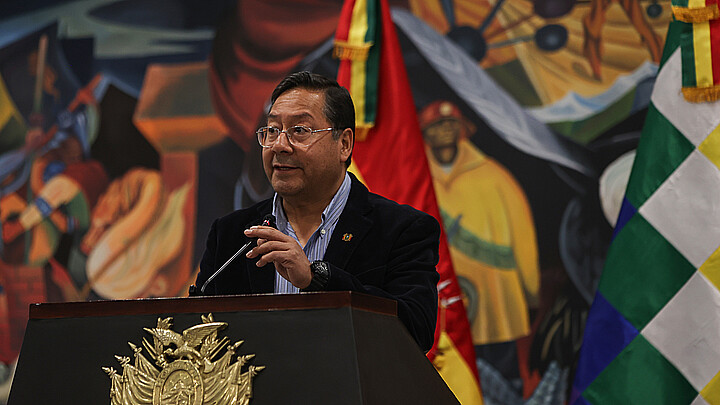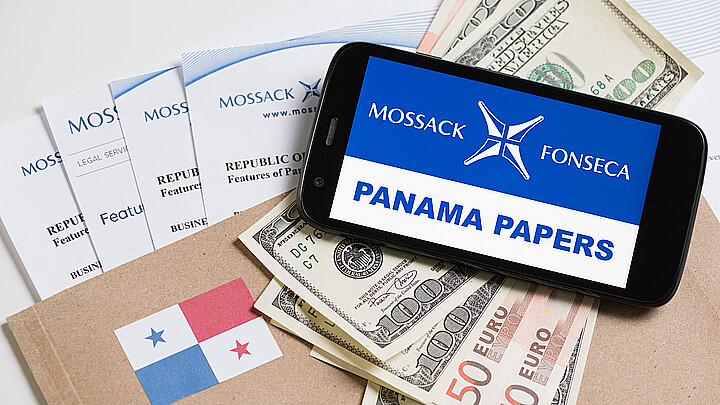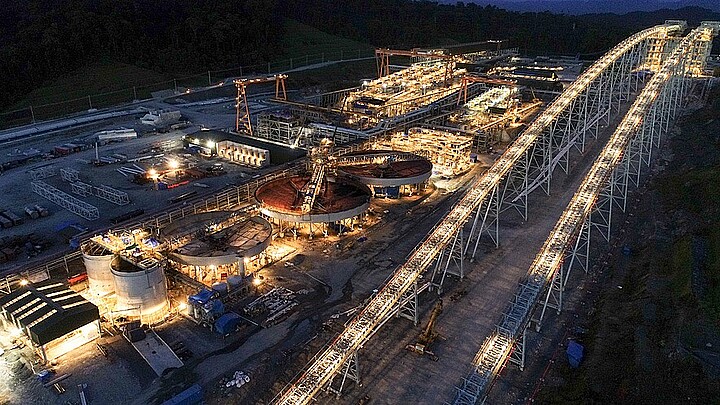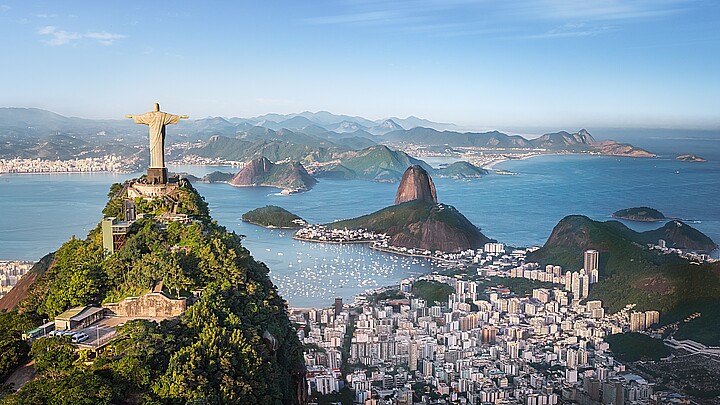Business
Lasso signs decree promoting private investment in Ecuador after disbanding Congress
The decree-law is the second that Lasso submits for the approval of the Constitutional Court to attract private investment in the midst of the political uncertainty that the country is experiencing

May 29, 2023 11:33am
Updated: May 29, 2023 11:33am
Ecuadorean President Guillermo Lasso signed a decree-law this week to attract private investment amid the political uncertainty that the country is experiencing. The decree establishes the creation of free zones in various sectors of the economy, which will offer customs, fiscal and foreign trade benefits to attract investment and generate employment.
The law establishes income tax exemption for a period of 10 to 15 years, depending on the geographic location, and a reduced rate of 10% at the end of that period. In addition, the free zones will be exempt from paying foreign trade taxes, such as import duties and the Special Tax on Consumption.
Promoting private initiatives and attracting international capital
The objective is to promote free private initiative and attract international capital, eliminating obstacles and offering fiscal competitiveness. However, Lasso currently governs by decree after announcing the Muerte Cruzada ("Mutual Death"), a measure that involves the dissolution of Congress and the immediate calling of elections to renew the Legislative and Executive powers, and the economic decrees must be approved by the Constitutional Court.
The decree-law is the second that Lasso submits for the approval of the Cortes. Last week he announced a tax reform that would reduce taxes on middle incomes and small businesses.
Tax incentives
Ecuador has formally established the "Law for the Attraction and Promotion of Investments for Productive Development," which implements a free zone regime similar to that of other countries in the region. These zones will become free trade areas to promote private initiative.
The law establishes income tax exemption for a period of 10 years from the start of activities, and is extended up to 15 years for border sectors.
Once this period has elapsed, the free zones will apply a reduced and simplified income tax rate of 10%, compared to the maximum rate of 37% under normal conditions. In addition, they will be exempt from paying taxes on foreign trade, such as import tariffs, the Special Consumption Tax (ICE) and the special FODINFA rate for imports. This allows the unrestricted entry of imported products, promoting competition and benefiting local production under the jurisdiction of the free zones.
The law also establishes the exemption from the Value Added Tax (VAT) for inputs, raw materials and capital goods, while the rest of the country has a general rate of 12%. At the same time, the Foreign Currency Outflow Tax (ISD) will be eliminated for financial returns, capital gains and capital destined for foreign investments in free zones. This allows international capital to settle without obstacles in these special areas of Ecuador, generating employment and promoting technology transfer.
General Election for August 20
Meanwhile, Ecuador is preparing for extraordinary general elections on August 20, where the president and vice president will be elected and the National Assembly will be renewed. The process will take place after the dissolution of the Assembly by President Lasso, in the midst of a political trial against him.
The candidacies will be presented from May 28 to June 10, and the electoral campaign will take place from August 8 to 17 in the first round, and from September 24 to October 12 in the second round, if necessary.
Although Lasso may run for re-election, he has not yet confirmed whether he will be a candidate. Meanwhile, other politicians and businessmen have indicated their intention to run for president, which promises an interesting political competition.
The country is at a crucial moment, seeking to attract investment and economic stability while facing political challenges and significant inflation.










